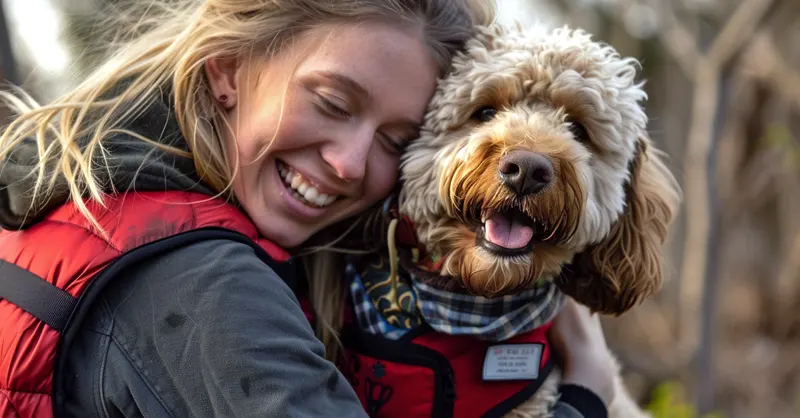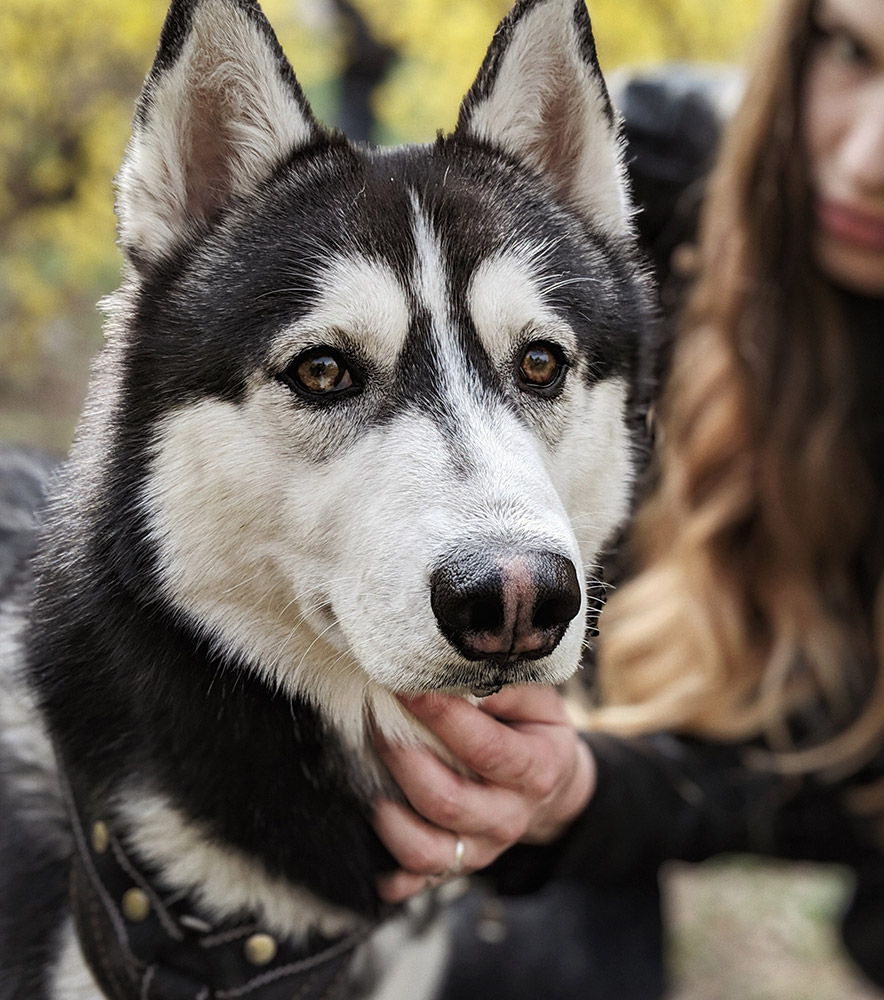All Our Articles on Breeds

The Best Hypoallergenic Service Dogs
While no dog is truly hypoallergenic, there may be some breeds of dogs that are less triggering for your allergies than others due to their... Read more

Best Service Dog Breeds for Anxiety
If you're someone who's dealing with anxiety, you know how challenging it can be to manage your symptoms. Did you know that if you have... Read more

Can Small Dogs Become Service Dogs?
Large dogs don’t have the monopoly on being service dogs, though it may seem like they do. The gorgeous Golden Retrievers and regal German Shepherds seen... Read more

Which Dog Breeds Are the Best for Deep Pressure Therapy
A common task performed by psychiatric service dogs is deep pressure therapy. Let’s use an analogy to explain how that works: you may have noticed... Read more

How to Choose a Service Dog Prospect
The first step in beginning the training of a service dog is finding the right service dog prospect. Although most dogs do well in typical... Read more

10 Best Psychiatric Service Dog Breeds
No other animal has the same kind of relationship with humans as dogs have. Over years of evolution, dogs have adapted to give companionship and... Read more

Best Mobility Service Dog Breeds
Mobility service dogs go far beyond the common perception of "helping someone walk." They become extensions of their handlers, performing tasks that might otherwise require... Read more

What Are The Best Service Dog Breeds For Seniors?
Many seniors find Service Dogs helpful in maintaining their independence while dealing with mobility challenges. Fortunately, Service Dogs are able to travel with their owners... Read more

Can a Pit Bull Be a Service Dog?
There are approximately 18 million Pit Bull-type dogs in the United States, (or 20% of the dog population). The "Pit Bull," however, is not a... Read more



